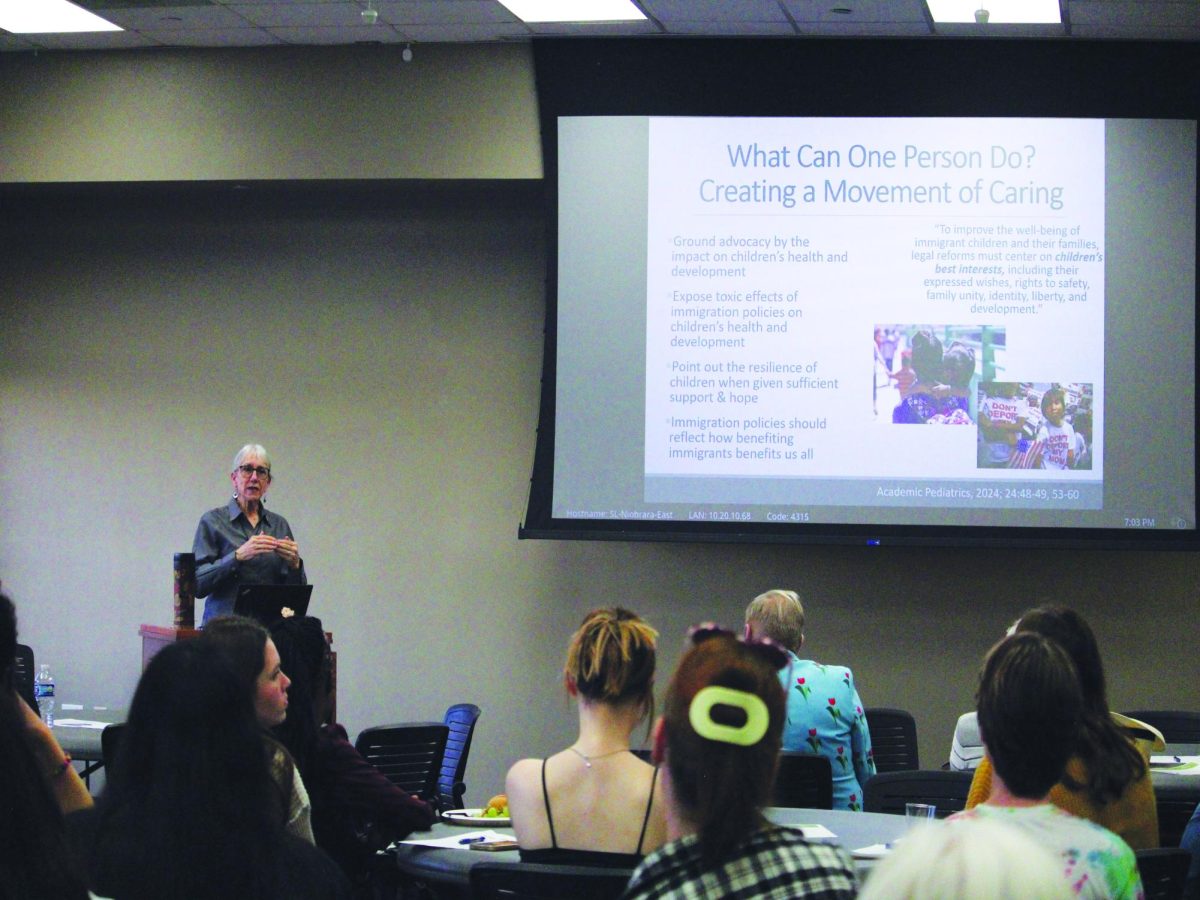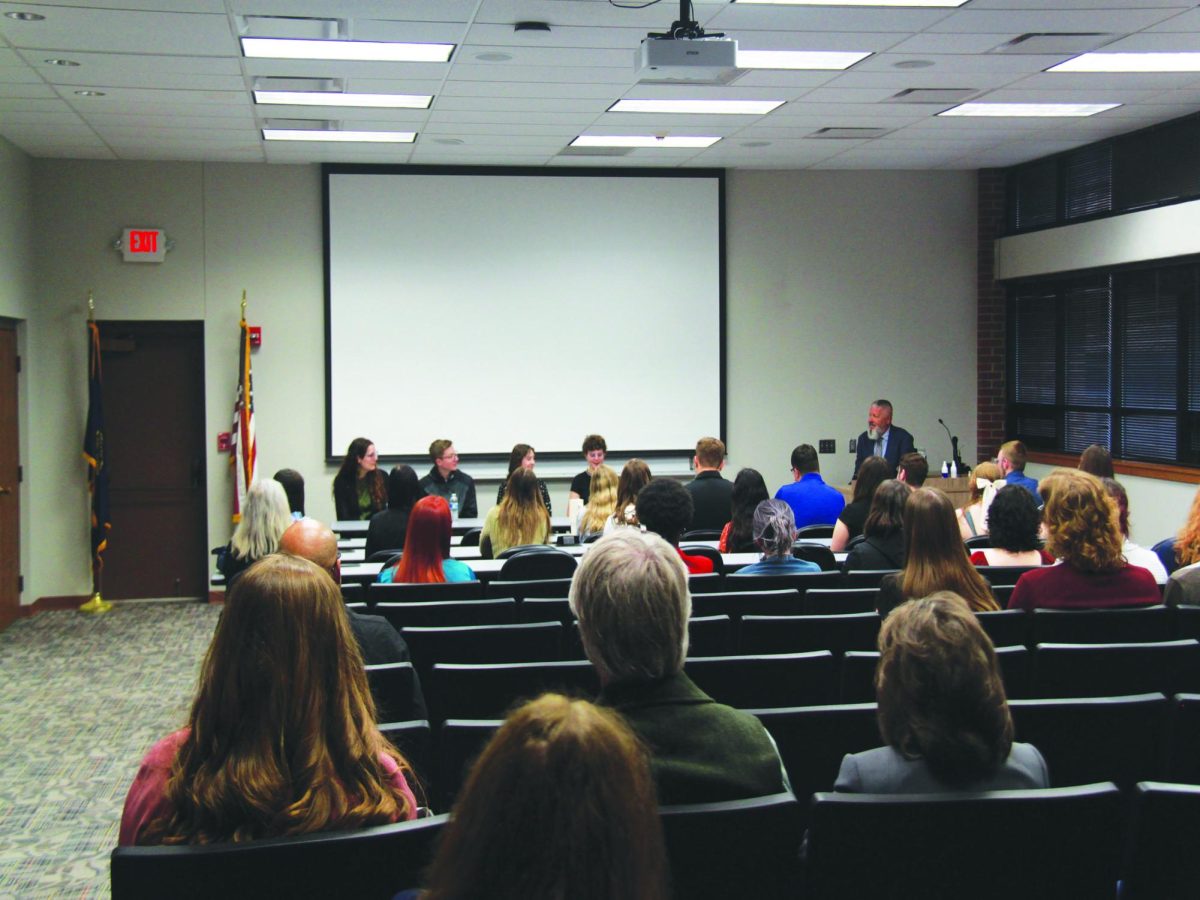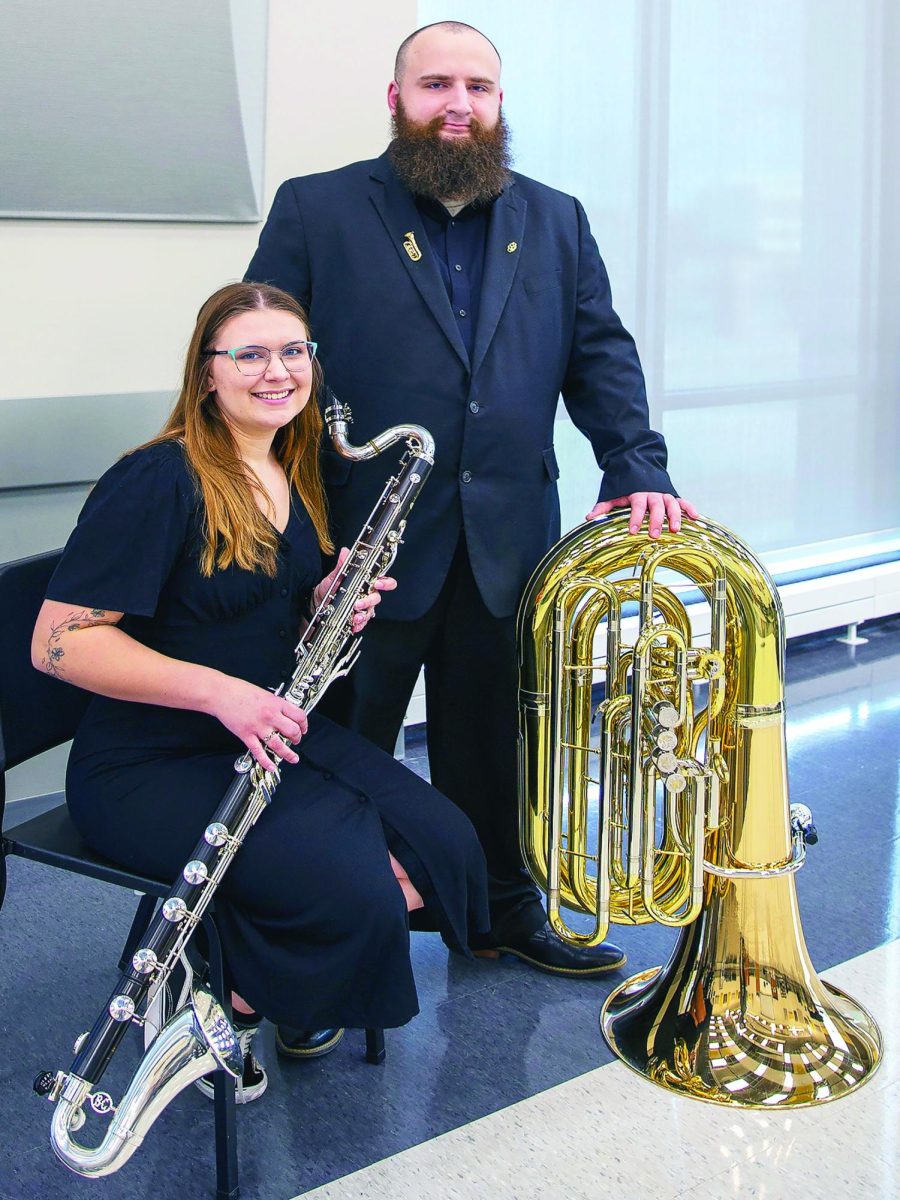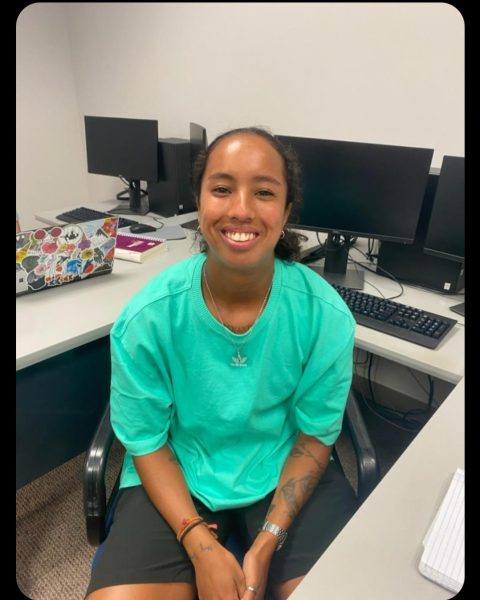Although Wayne State College used to provide more language courses, it now only offers courses such as Spanish, elementary French and elementary American Sign Language.
This is primarily due to the challenge of finding instructors, but the language and literature professors still recognize the significance of their department.
“Spanish and any second language can be an asset in your career, in your professional work such as healthcare, law, criminal justice and social services,” Alan Bruflat, professor of modern languages at WSC, said.
Speaking Spanish as a second language, especially in the United States, can enhance an individual’s marketability. Depending on the career field, Bruflat said, knowing another language can increase your salary anywhere from 2% to 10%, making language financially beneficial too. WSC also offers English Second Language classes taught by volunteers on campus and around the community.
“It’s becoming more important to know Spanish, some of the Asian languages and some African languages as immigration patterns change and we have people that speak these languages moving to the United States and living and working here,” Bruflat said.
Lidice Alemán, associate professor in the department of language and literature at WSC, said the college and students would benefit from offering more language courses but are restricted in staff.
“We do not even have enough professors of Spanish which is the main foreign language our program has,” Alemán said. “Therefore, many times we must teach our requirement courses as independent study so our students can complete their Spanish minor and major on time.”
The U.S. has the second largest Hispanic population in the world which makes it even more important to consider learning Spanish.
Besides being a vital part of communication in society and the workplace, learning a second language offers other advantages too.
“It enhances your listening skills, your analytical skills and your memory,” Bruflat said. “It will improve your knowledge of English, and it will expand your vocabulary.”
Students can expect to gain a better understanding of the U.S. “which is a melting pot of languages and cultures, and consequently, they would be much better human beings, able to understand and celebrate the beauty of our differences,” Alemán said. It is also a crucial part in a human’s connection and understanding.
“We’d always like to have more languages,” Bruflat said.
WSC used to offer courses in German, but after the retirement of some professors, certain programs were eliminated from the catalog. The modern language and culture major, which was removed in 2008, provided a way in which students could get a concentration in Spanish, French or German. Years ago, the college also offered limited classes taught by graduate students and faculty exchange in Portuguese, Chinese, Japanese and Arabic.
“It’s a lifelong skill,” Bruflat said. “It’s very much like music in that way. It’s something that you can use and improve throughout your life.”
“In my opinion, a person who only speaks his or her mother tongue has limited possibilities in the job market,” Alemán said. “So, maybe the importance of knowing more than one language depends on how ambitious you are.”










